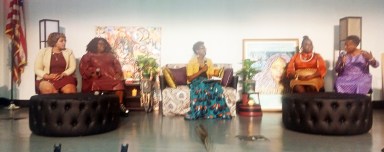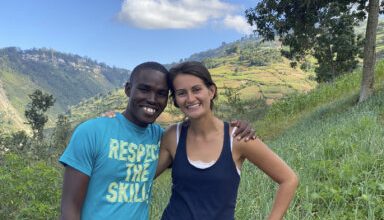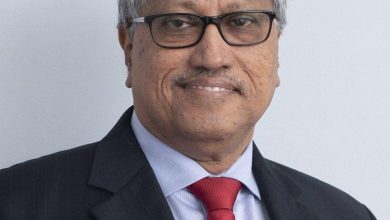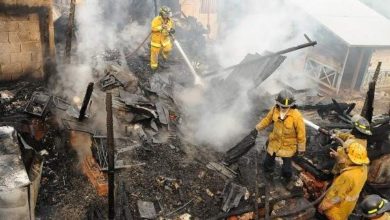10th Annual Wit Mother Conference on Reproduction

Women from a wide cross-section of Brooklyn, Queens, and others who zoomed in, also with their husbands and mates supporting them, were all a part of the unequivocal, spellbinding experience of the 10th Annual Mother Wit Conference held at the Downstate Health Education Center in Brooklyn on Saturday, Oct. 19.
The highly decorative and educational event was organized by Shawnee Benton-Gibson, CEO of the company, Spiritual Healer, and host and co-founder of ARIAH (Advancement of Reproductive Innovation through Artistry and Healing), an organization that focuses on the well-being of women’s reproduction.
The all-day event, which ran from 9 a.m. to 5 p.m., was titled WOMB WISDOM UNBOUND. Women from varying backgrounds engaged in the educational and healing aspects of the conference with host Shawnee Benton-Gibson.
Over the years, the Mother Wit Conference masterfully provided ways for the women attending the conference to demonstrate their virtues despite the catastrophic maternal experiences the women have endured. In speaking to Shawnee Benton-Gibson, she explained that the annual event gives women a platform to express their pains and expose the disparities that are taking place with women’s reproduction and maternal mortality, especially in Black communities.
Ms. Benton-Gibson noted that maternal mortality is a critical issue that the Black community faces, and the conference also aimed to help women find ways to tackle that issue through education and healing. The free exchange during the conversations allowed the women to address the difficulties some of them had to endure with postpartum depression.
The Mother Wit Conference provided presenters and hosted workshops by medical doctors and other medical professionals with excellent academic experiences. All of whom engaged women and men of all ages to give voice to what is left unspoken and not addressed. One area of highlight was the panel discussion. Participants spoke of their journey and the arduous experiences that followed the birthing process. The team of medical professionals also shared their experiences as a way of providing resources.
Ms. Benton-Gibson herself experienced the devastation of the absence of total medical care that follows birthing and after birth. According to Ms. Benton-Gibson, her daughter, she explained to the Caribbean Life Newspaper, died thirteen days after giving birth to her now five-year grandson. “We have to find options that are available to us,” she stated, “my daughter died from pulmonary embolism (blood clot), which was preventable. We do not want the knowledge to sit around, but instead be resources to improve Black health,” she commented.
The Caribbean Life Newspaper also spoke to a young woman who remains nameless who sat beside me during the panel discussion with a two-year-old girl. They were enjoying themselves, each making the most of the other playfully. It was a beautiful way of bonding between the child and the woman. Initially, I thought the child was the woman’s daughter but later discovered it was her niece.
The woman explained that her sister died five days after giving birth to the baby girl while her sister was still under the care of medical professionals. She was attending the event to get advice from the community group and learn from other women’s stories.
Several women also told their stories through performances in dance and music at the conference, which were beautifully choreographed and rhythmic.
The panel members were medical professionals who collaborated with mothers and who provided educational and healing services during and after birthing.
They were Dr. Christina Padro, Tia Dowling Ketant, a medical worker, Tiffane Barnes, a head teacher, and Amadoma Bediako, with Ziedah Diata as the moderator.




